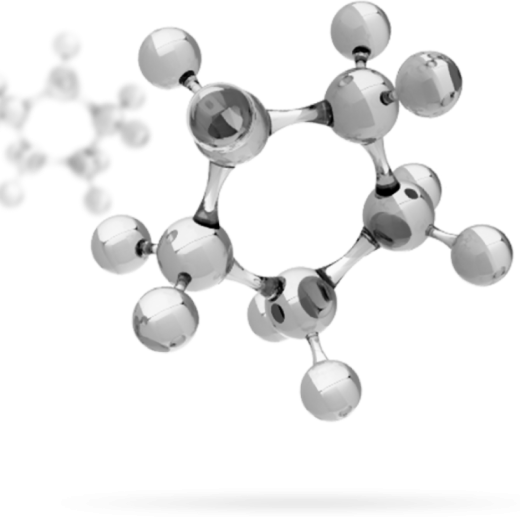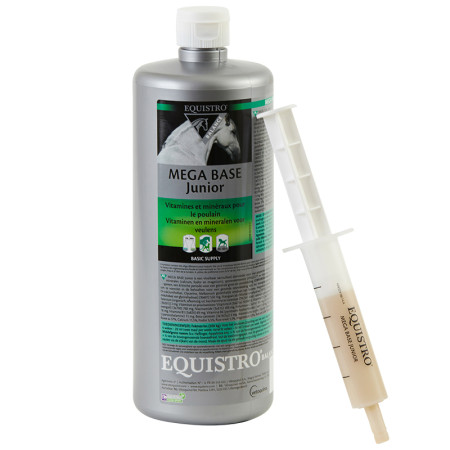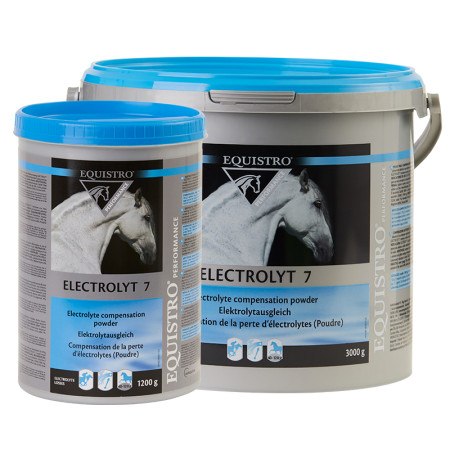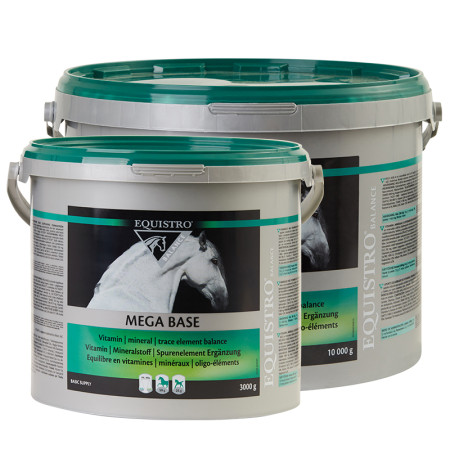
Phosphorus
Sources
The horse's phosphate supply is usually sufficient, as the daily requirement is generally covered by the basic feed. In contrast to other animal species, horses can digest inorganic phosphorus well through microbial digestive activity in the large intestine.
Phosphate-rich feedstuffs include cereals and their by-products (e.g. bran).
Daily requirements
Daily requirements of horses (body weight 500 kg):
Maintenance / Work: ~12g
Pregnant Mares: ~3g (early pregnancy) to ~30g (third trimester / late pregnancy)
Lactating Mares: ~40g (early stage) to ~20g (weaning period)
Growing Horses:
~20g (first 6 months)
~15g (month 6 to 18)
~12g (month 18 to 36)
The ratio of calcium-phosphorus intekae always should be 2:1.
Never allow phosphorus intake to be greater than calcium intake!
Deficiency
Similar to effects of calcium deficiency: Rickets and osteopenia in foals (enlarged joints and crooked long bones), osteoporosis, weakening of the bones and insidious shifting lameness in mature horses. Malfunction of muscles and nervous system.
Excess
In addition to impaired calcium absorption into the bones, an excess of phosphorus can also promote the formation of intestinal stones.
Important to know
Even if the diet contains adequate calcium, excessive phopshorus intake may cause skeletal abnormalities. It can particularly occur if horses are fed large amouts of grain-based feedstuffs such as wheat or oats with no calcium supplements, or if horses receive forages with substantial amouts of oxalates.



